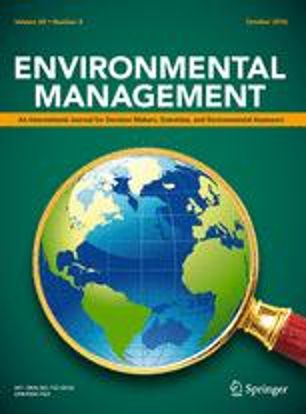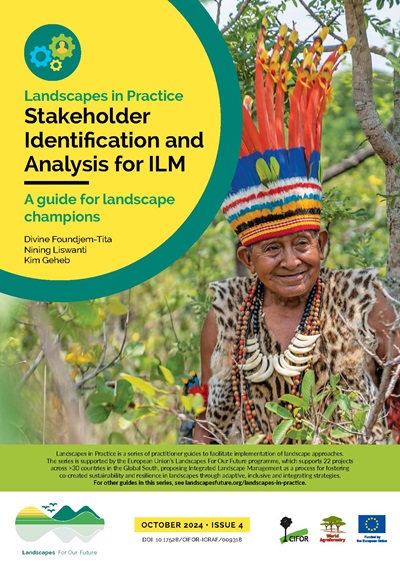Climate change impacts are distributed unequally, despite affecting the entire world and its inhabitants. Economically, socially and culturally deprived groups are more vulnerable to climate change impacts. Women comprise the majority among these vulnerable groups, and it is, therefore, crucial to stress gendered perspectives in climate change adaptation strategies that promote gender equality and sustainable development. To that end, this paper documents the adaptation strategies employed by farmers and examines gender differences in climate change adaptation practices in Yunnan Province, China. A random sampling technique was used to select 1520 household heads for the survey. We used descriptive statistics and a multivariate probit model to document four categories of adaptation measures against a set of household features, social network, financial assets and perception variables. We discovered that female and male respondents do not significantly differ in their knowledge and perceptions of climate change, but female- and male-headed household respondents did differ in adopting climate change adaptation measures. The adaptation measures of female- and male-headed households were influenced by different sets of factors. The most significant determinant for both female- and male-headed households was perception of drought events in the last 20 years, followed by access to loans, while income from non-farm-based work had positive and significant impacts only for male-headed households. Findings from this study will help to elucidate the determinants of climate change adaptation decisions for female- and male-headed households in farming communities and the strategic interventions necessary for effective adaptation.
DOI:
https://doi.org/10.1080/13549839.2022.2130883
Altmetric score:
Dimensions Citation Count:
























